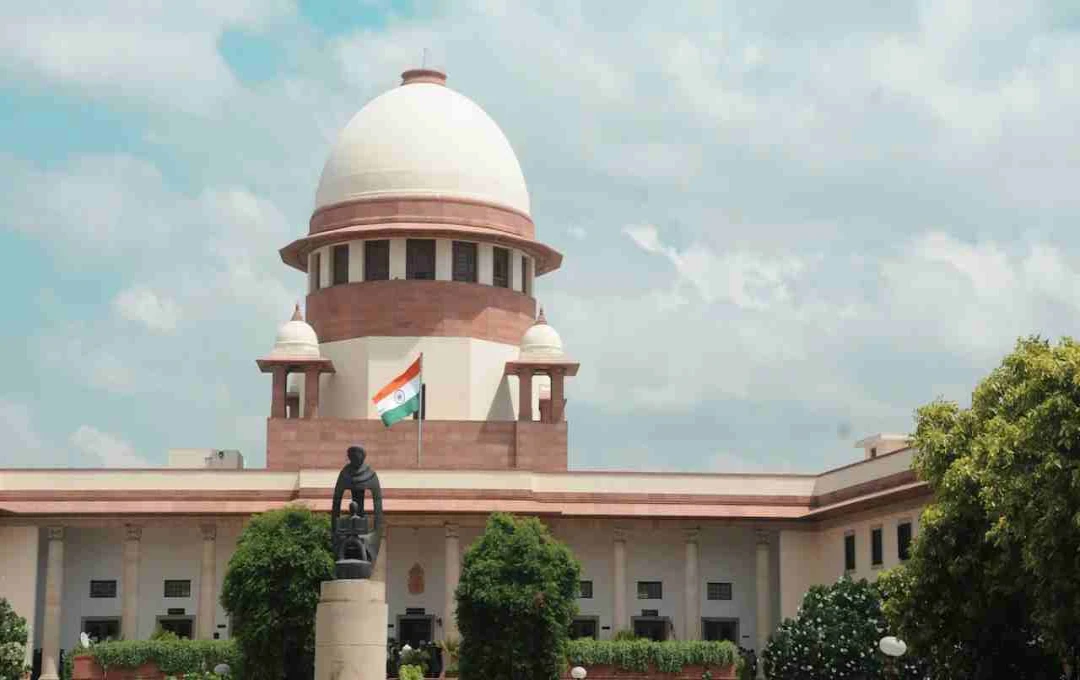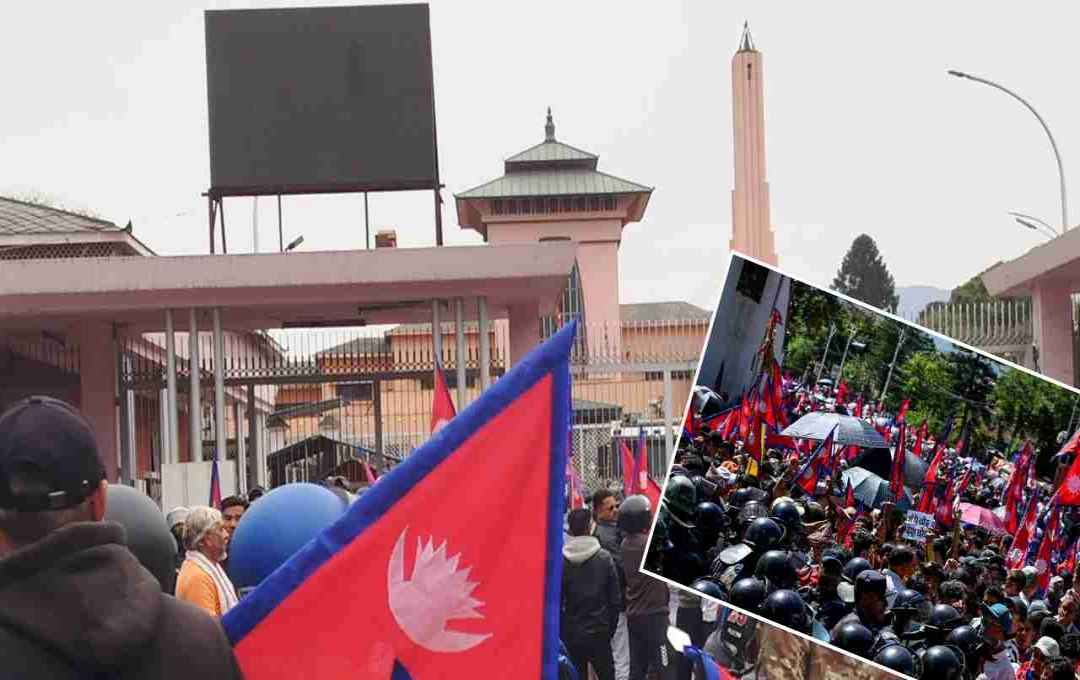The Supreme Court on Thursday directed the central government and the Indian Air Force not to discharge a woman officer who participated in crucial operations like ‘Operation Balakot’ and ‘Operation Sindhur’ but was denied permanent commission.
New Delhi: The Supreme Court has provided significant relief to Wing Commander Nikita Pandey, who played an active role in ‘Operation Sindhur’ and ‘Operation Balakot.’ The court has temporarily stayed her discharge from service due to the denial of a permanent commission. The court instructed the central government and the Indian Air Force not to discharge Nikita Pandey until further orders. The Supreme Court has sought a response from the central government and the Air Force, terming the denial of a permanent commission to the woman officer as discriminatory.
Allegations of Discrimination in Permanent Commission for Woman Officer
Senior advocate Menaka Guruswamy, representing Wing Commander Nikita Pandey, argued that her client served as an expert in the Indian Air Force's Integrated Air Command and Control System (IAKCS). She was a part of crucial military operations like ‘Operation Sindhur’ and ‘Operation Balakot.’ Despite this, she was denied a permanent commission, highlighting discrimination against women in service.
The denial of a permanent commission jeopardized Nikita Pandey's service. She therefore approached the Supreme Court seeking relief. The court sought a response from the central government and the Indian Air Force and adjourned the hearing until August 6.
Supreme Court's Respect and Concern for the Armed Forces

The bench, comprising Justices Surya Kant and N.V. Ramana, described the Indian Air Force as a highly professional force, stating that uncertainty in such service is not fair to the personnel. Justice Surya Kant observed, "The Indian Air Force is one of the best organizations in the world. Their officers are a great asset to the country. They are the reason we sleep peacefully at night."
The court also clarified that creating an atmosphere of uncertainty for Short Service Commission (SSC) officers is inappropriate. This sentiment is detrimental to the morale of the armed forces and can affect their efficiency. Justice Surya Kant stated, "This is a common man's suggestion that there should be no compromise on minimum standards. The uncertainty of service in the army must be removed."
Arguments of the Center and Air Force
Additional Solicitor General Aishwarya Bhati, representing the central government and the Indian Air Force, told the court that the selection board had found Wing Commander Nikita Pandey ineligible. Bhati also informed the court that a second selection board would reconsider her case. She also stated that the petitioner had directly approached the Supreme Court without any formal report, hence the hearing was necessary.
However, the court has temporarily stayed her discharge, allowing Nikita Pandey to continue her service. Wing Commander Nikita Pandey's case once again highlights the long-standing debate regarding permanent commissions for women officers in the country. The demand for equal opportunities and permanent commissions for women in the armed forces is longstanding. While women have begun receiving permanent commissions in various branches of the armed forces in recent years, reports of discrimination continue to emerge.













